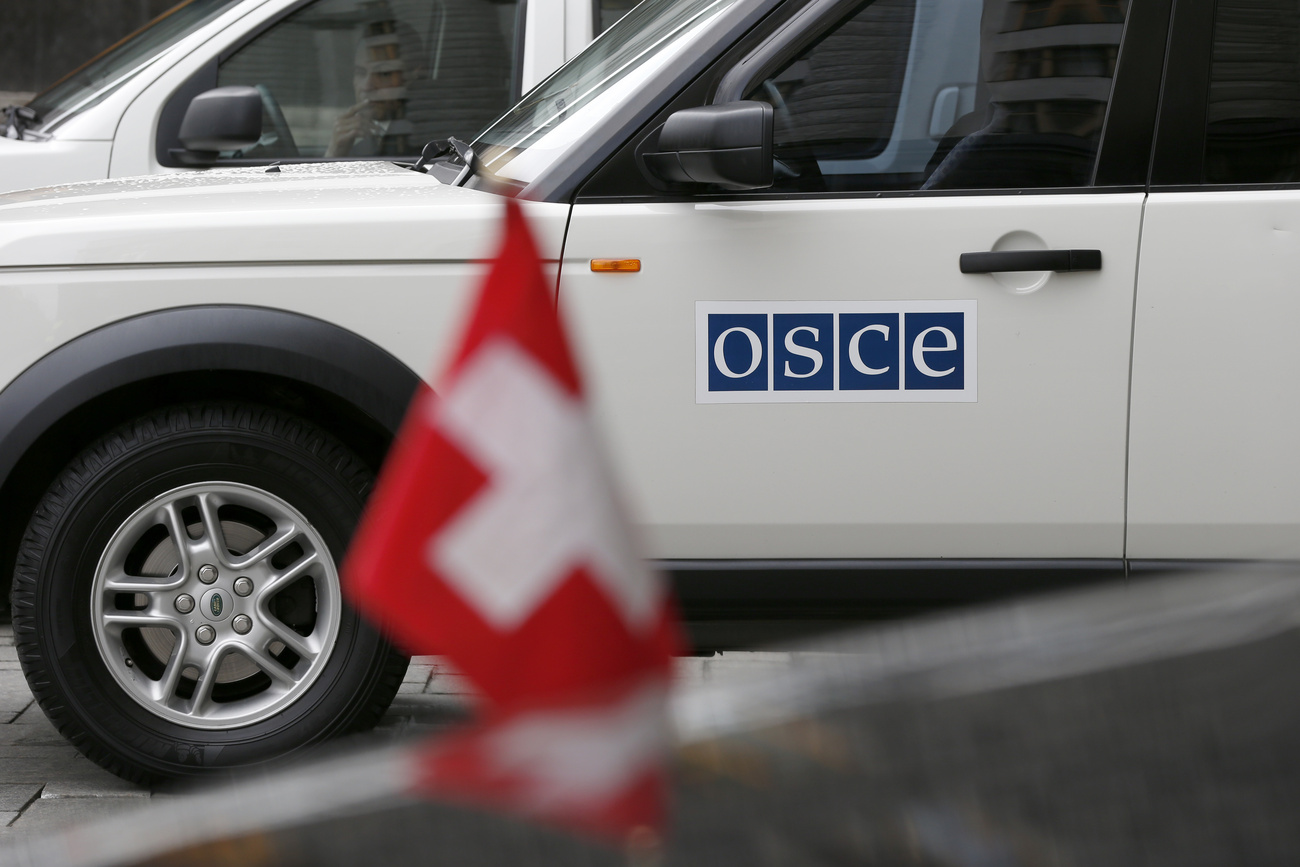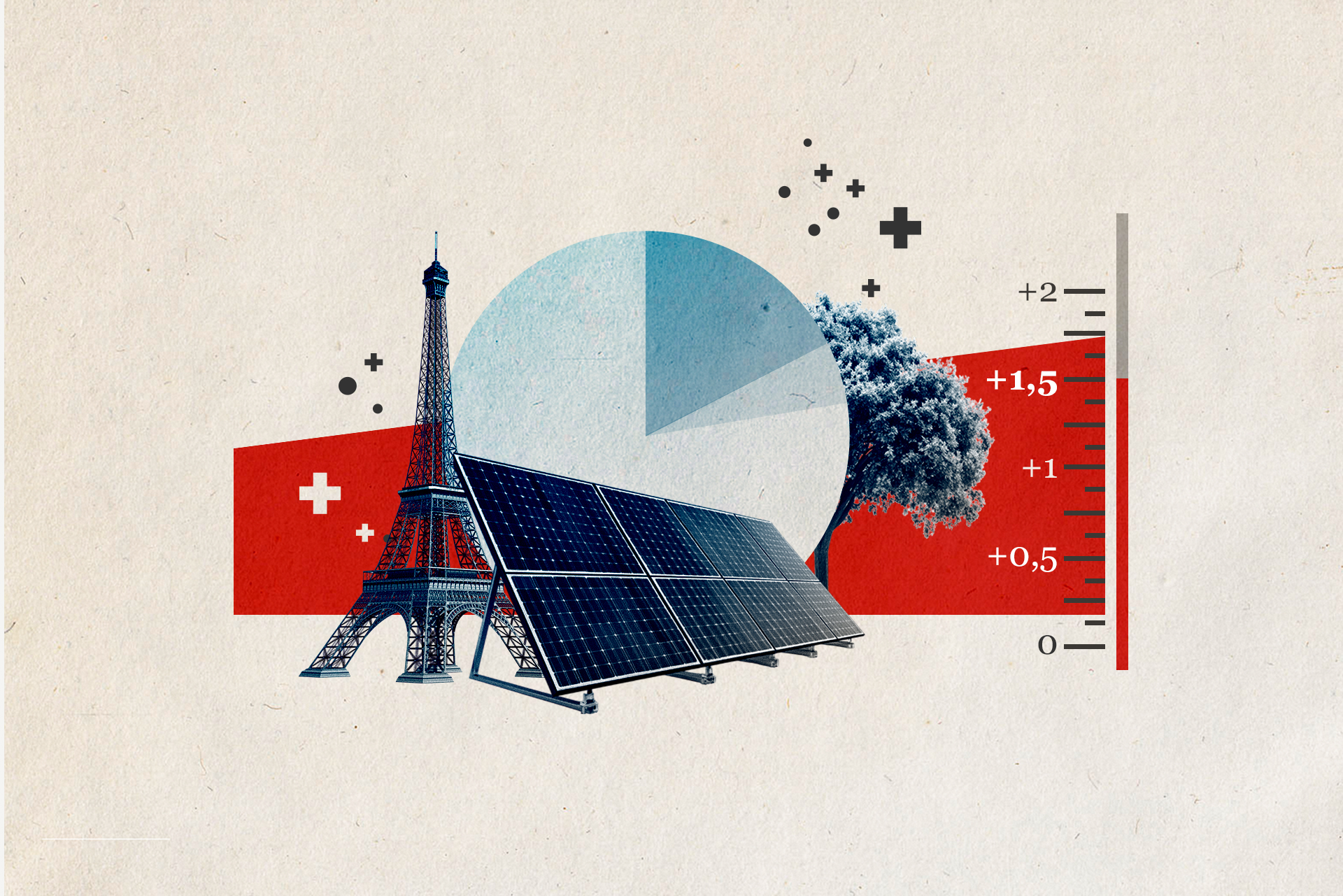
SNB Reckoned Policy Settings Will Stoke Inflation in Due Course
(Bloomberg) — Swiss National Bank officials decided against an interest-rate cut last month, assessing their monetary stance to be stimulative enough to stoke inflation in coming quarters.
A summary of the Sept. 25 meeting, in a new publication issued by the central bank on Thursday, showed policymakers judged current settings to be aiding the economy at a time of weak price growth and tariff-related uncertainty.
“The Governing Board concluded that monetary policy is currently having an expansionary effect,” the SNB’s officials said. “The full impact of the monetary policy easing in past quarters will only take effect with a lag. In light of the weak inflationary pressure and the slight deterioration in the economic outlook, the SNB’s expansionary monetary policy is contributing to a rise in inflation.”
The release by the SNB explains the thinking behind the decision in September to halt its easing cycle, avoiding a return to negative borrowing costs by keeping its interest rate at zero. At the time, officials judged the impact of out-sized US tariffs imposed on Switzerland to be containable.
“Most economic indicators continue to point to moderate growth,” policymakers said. “However, uncertainty remains high.”
SNB officials appeared publicly sanguine about the 39% tariff imposed on Switzerland — the highest for any rich economy — though forecasters have begun to shift view. Last week, the government cut its own projection for growth next year to 0.9%, down from 1.2%, citing the impact of the import levies.
Despite the strength of the franc, which depresses import costs, the SNB insists at present that deflation isn’t a threat. Inflation was just 0.2% in September, near the lower end of the central bank’s range, but officials predict that it will pick up moderately in coming months.
The Swiss franc held earlier losses to trade 0.1% lower at 0.9249 per euro after the release of the summary.
The publication from the SNB is the first-ever account of rate setters’ deliberations published by the Swiss central bank. It’s part of a push by President Martin Schlegel and his colleagues to emulate the sort of transparency over policy practiced by bigger advanced-economy peers.
It offers officials another communication tool in their struggle to contain inflows into the franc, which reached close to a decade high against the euro this week. Given the strength of the currency, the SNB is likely to be resorting to interventions at present, economists at UBS said on Wednesday.
Officials offered only limited commentary on the franc. They observed that the currency had strengthened against the dollar, but was “relatively stable” versus the euro.
“Geopolitical shocks could lead to money flowing into currency areas regarded as safe havens by investors,” policymakers said. “This could result in an appreciation of the Swiss franc. This risk is currently being countered somewhat by the relatively high interest-rate differential.”
Policymakers have been at pains to stress that their summary won’t disclose individual positions, unlike minutes issued by the US Federal Reserve or Bank of England, for example. That’s because of the SNB’s approach that its three policymakers should maintain a united front in public.
The summary is published four weeks after every meeting. With four rate decisions a year, it effectively doubles the collective communications by policymakers and provides a new fixture on which to trade the franc.
–With assistance from Sylvia Westall, Alexander Weber and Naomi Tajitsu.
©2025 Bloomberg L.P.




























